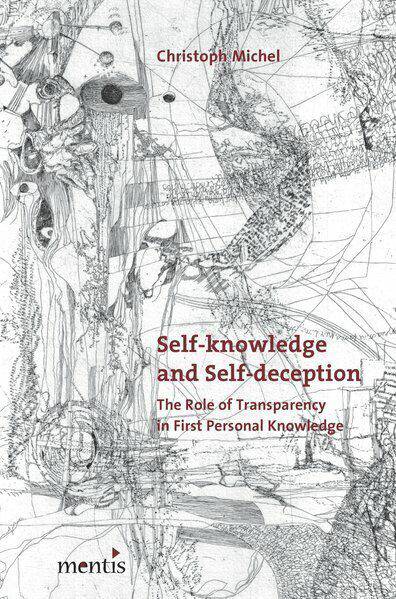
- Afhalen na 1 uur in een winkel met voorraad
- Gratis thuislevering in België vanaf € 30
- Ruim aanbod met 7 miljoen producten
- Afhalen na 1 uur in een winkel met voorraad
- Gratis thuislevering in België vanaf € 30
- Ruim aanbod met 7 miljoen producten
Self-Knowledge and Self-Deception
The Role of Transparency in First Personal Knowledge
Christoph Michel
Paperback | Engels
€ 87,45
+ 174 punten
Omschrijving
Self-knowledge and self-deception present fundamental problems and puzzles to philosophy of mind. In this book accounts of both phenomena are systematically developed and defended against classical and recent views. The proposed 'cognitive ascent model' offers an explanation of the intuitive peculiarity of self-knowledge as well as of the reach and limits of our epistemic privilege. The model builds on a general transparency principle for attitudes. Transparency can be the key to a genuinely first-personal knowledge of attitudes to the extent that someone's having a certain attitude is to be identified with his attributing a value property to an intentional object. The offered view rejects the strategies of inner sense, parallelism and constitutivism. Paradigmatic self-deception, rather than being a failure of recognizing one's own mental states is a failure at the level of metacognitive control over belief-formation. Self-deceptive beliefs are formed or maintained against criterial evidence via pseudo-rational adaptations in belief-systems.
Specificaties
Betrokkenen
- Auteur(s):
- Uitgeverij:
Inhoud
- Aantal bladzijden:
- 310
- Taal:
- Engels
Eigenschappen
- Productcode (EAN):
- 9783897856455
- Verschijningsdatum:
- 1/08/2014
- Uitvoering:
- Paperback
- Formaat:
- Trade paperback (VS)
- Afmetingen:
- 154 mm x 233 mm
- Gewicht:
- 4735 g

Alleen bij Standaard Boekhandel
+ 174 punten op je klantenkaart van Standaard Boekhandel
Beoordelingen
We publiceren alleen reviews die voldoen aan de voorwaarden voor reviews. Bekijk onze voorwaarden voor reviews.










